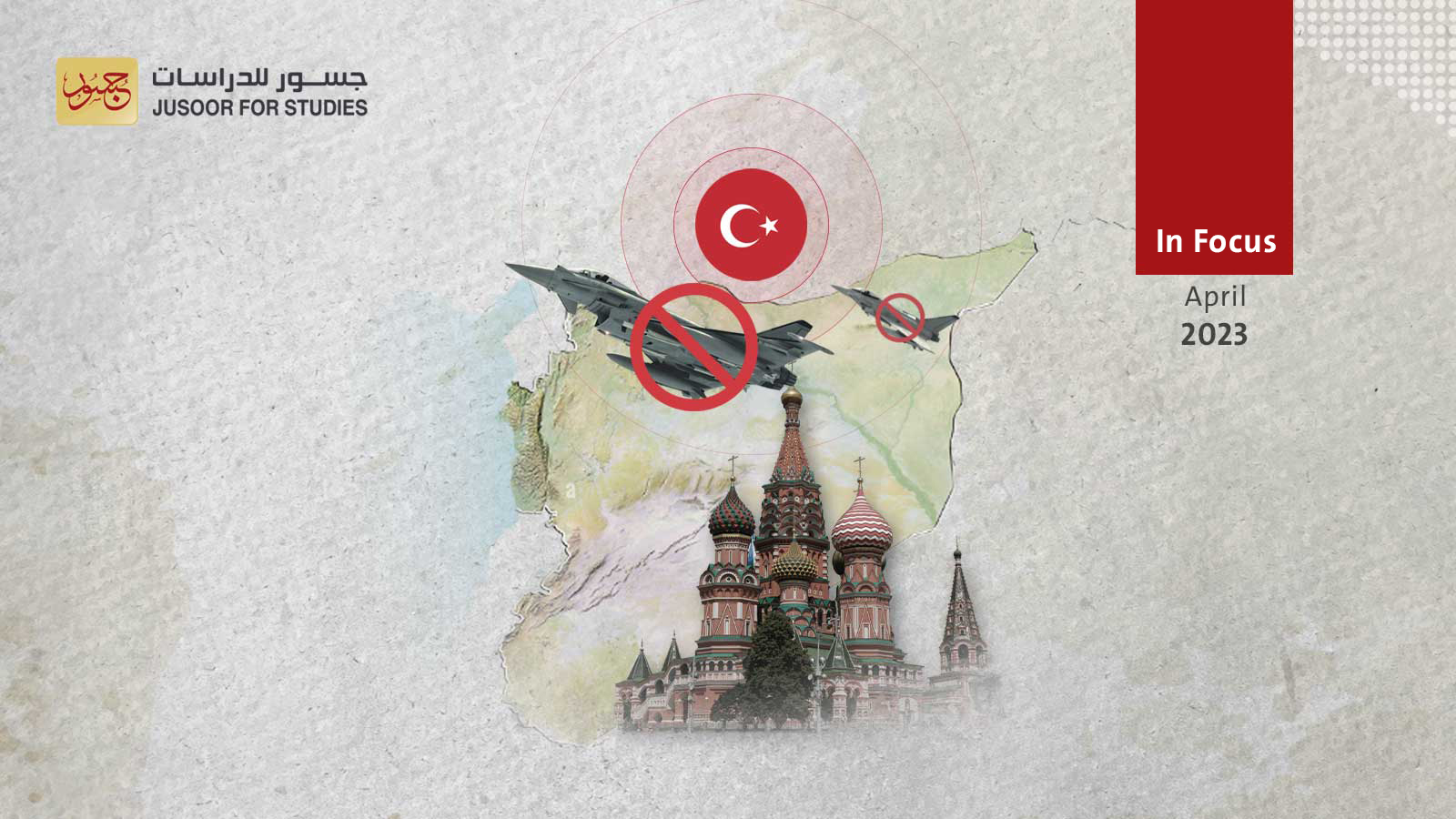One year since Türkiye closed airspace to Russian planes flying to Syria
A year has passed since Türkiye closed the airspace to Russian civil and military aviation heading to Syria. It does not seem that Ankara is tending during 2023 to resume the permissions that were previously granted, for the following reasons:
- The willingness to maintain the size of the Russian forces that are currently deploying in Syria; so that, such forces would not be able to launch any large-scale military operation towards Turkish spheres of influence.
- Instrumentalising the airspace to put pressure on Russia and consequently push it to negotiate over this matter. Accordingly, Türkiye might bargain over launching a new military operation in Syria against the PKK and the Syrian Democratic Forces (SDF) after the elections in Türkiye.
- Sending a message to NATO member states; the United States, and Europe that Türkiye agrees with them on some policies regarding Russia's influence, especially after the conflict over Ukraine.
Recently, it seems that Russia has started looking for alternatives to Turkish airspace ; especially since Ankara has not responded to the repeated Russian requests to reopen the military air corridor.
Indeed, on February 5, 2023, during his visit to Iraq, Russia’s Foreign Minister, Sergey Lavrov asked the Iraqi side to resume granting permission to Russian military aircraft to use Iraqi airspace for the passage of its military jets to Syria. In fact, such a request is mainly motivated by:
- Supplying logistics and providing maintenance services for the Russian forces in Syria, especially since relying on the air route (Russia - Iran - Saudi Arabia - Jordan - Syria) may become unfeasible in the medium and long terms due to its length and high financial cost in conjunction with the continuation of the war in Ukraine.
- Providing a shorter air corridor to secure sustainable supply for the Russian forces in Syria, especially in response to increasing concerns over a decline in the Russian influence and the size of its forces in Syria at the expense of Iranian influence.
- The insufficiency of the licenses granted by the Turkish government from time to time to meet the needs related to providing supplies to the Russian forces in Syria.
In fact, Iran may block the Russian efforts to make Iraqi airspace a substitute for the Turkish one in order for the Russian forces to cross into Syria; especially since Tehran has enough influence to pressure the Iraqi government not to give any permission to Moscow; because giving such permmissions will hinder the Iranian efforts and ambitions to fill the void that would be resulted from the decline in the role of Russia.
As a result, a year after the closure of Turkish airspace, the Russian forces in Syria are facing logistical and military challenges that may affect the power imbalance regarding the Russian forces presence compared to the Iranian and Turkish ones; especially if the Russian efforts to replace the Turkish airspace falter .








